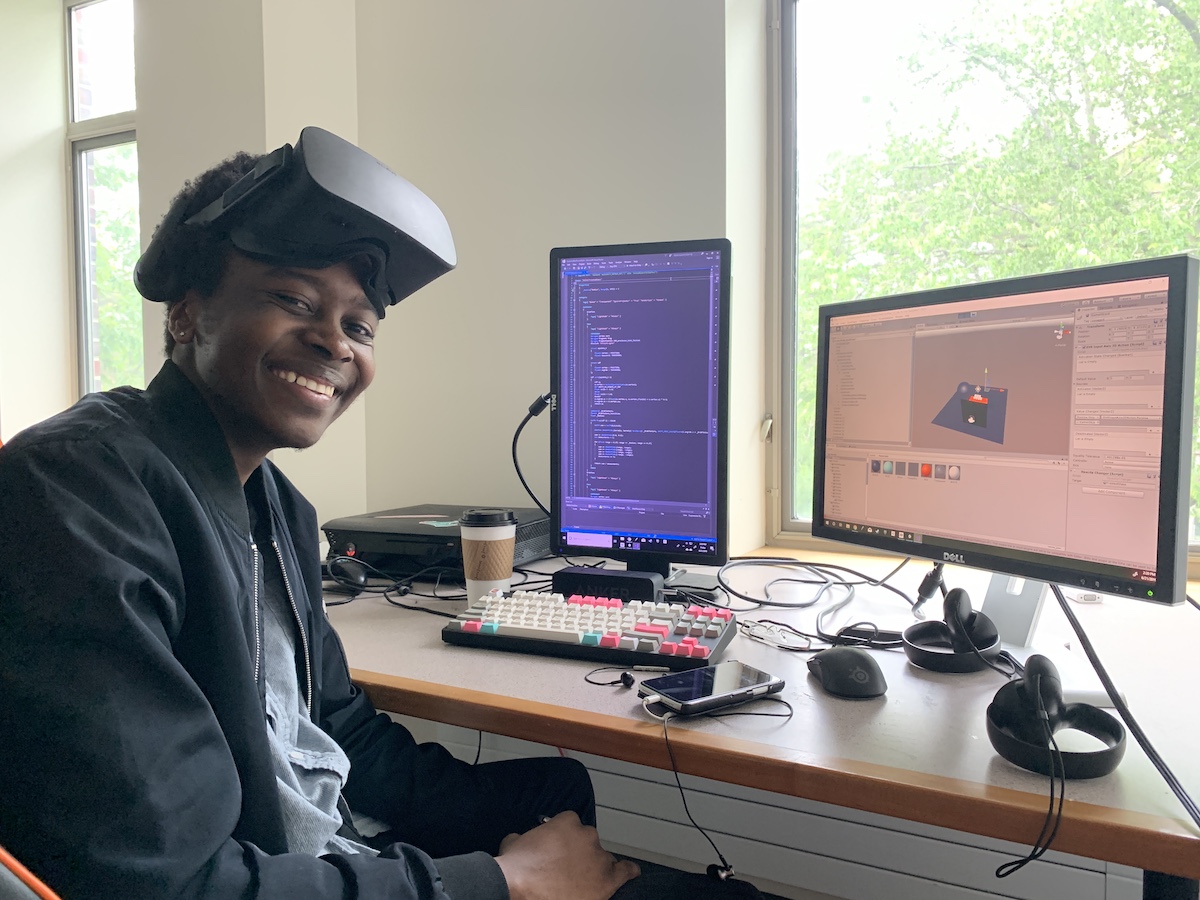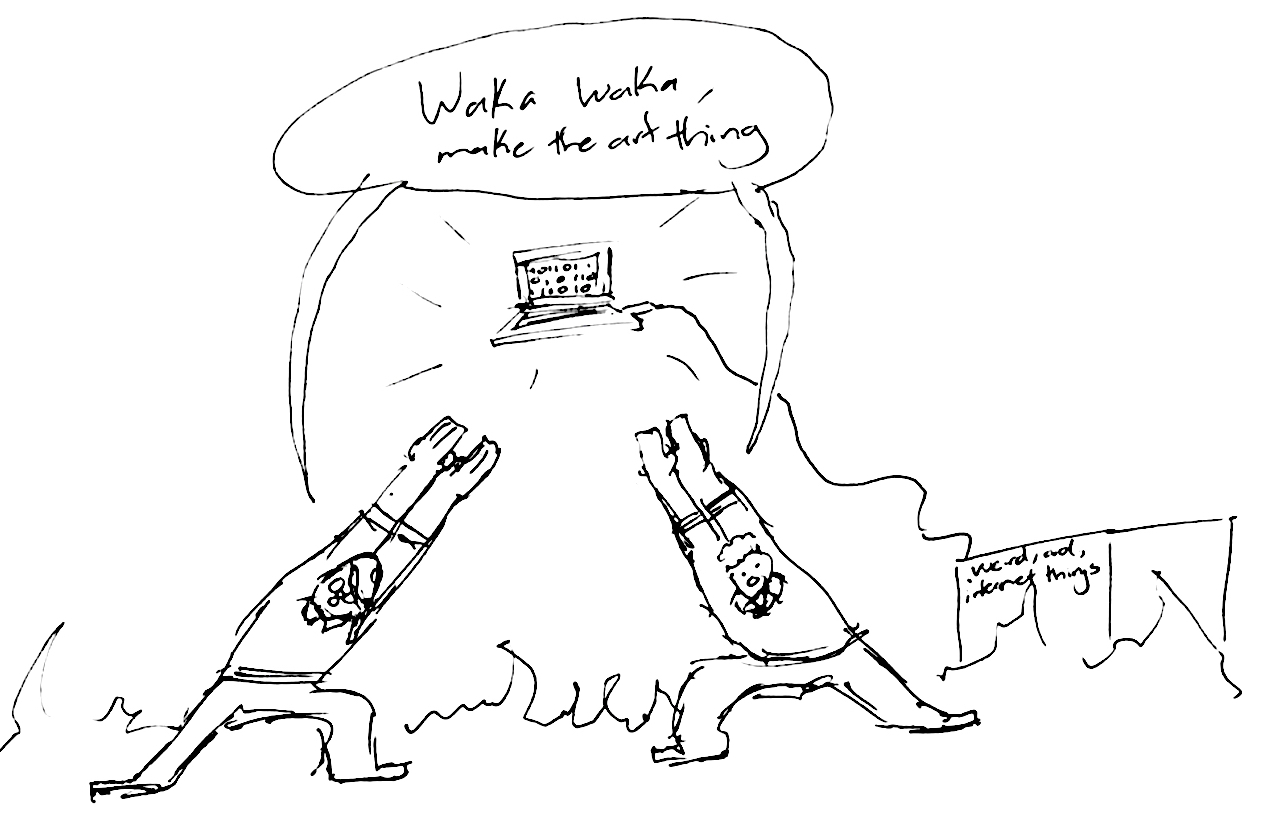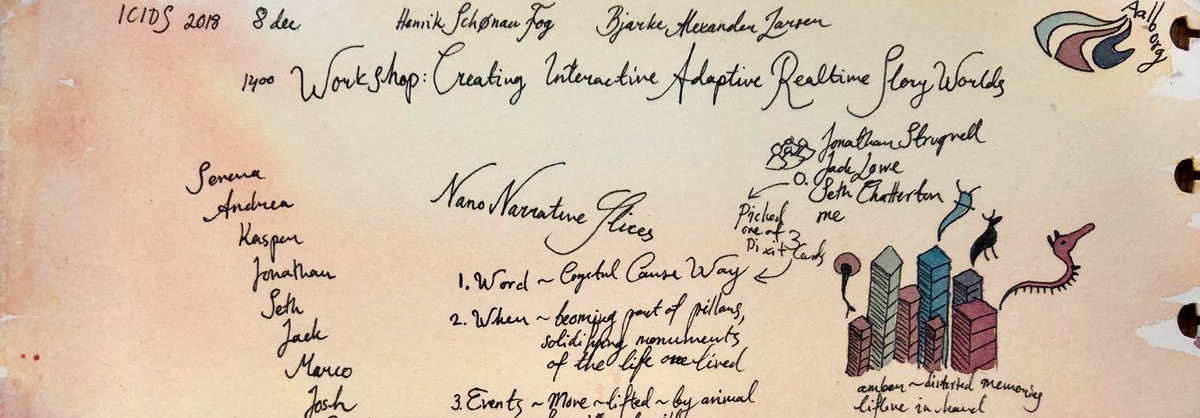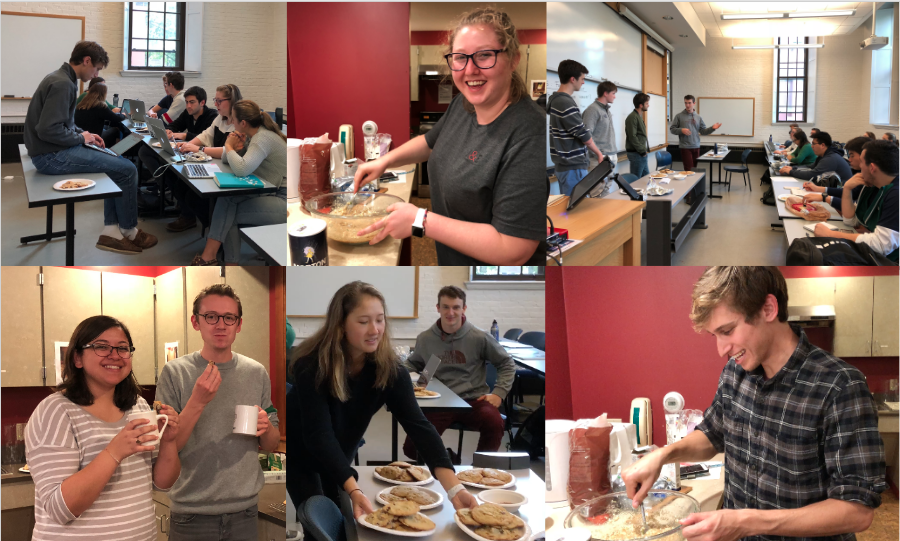What We Do
Here's a snapshot of our latest projects.

How Technology Can Support Healthy Eating
Prof. Harmon presented new insights at the CSCW and CHI conferences into how we can design apps to teach nutrition literacy and use AI to inspire healthier eating. Josephina Caico ’23, Brian Liu ’25, and Andy Stoneman ’23 began working on phase two of the CSCW project in Summer 2022.
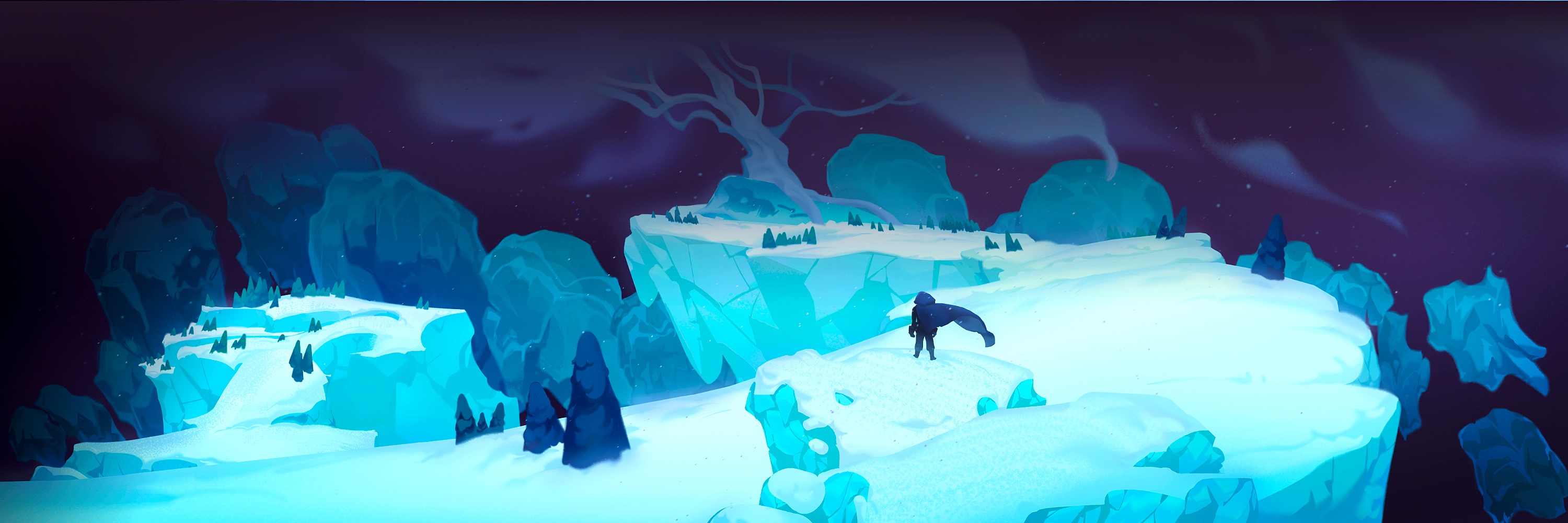
Strengthening Mental Resilience
Prof. Harmon presented the first results on how user experience design in the Betwixt app may help individuals strengthen their mental resilience to CHI and interactive narrative audiences. Jigyasa Subedi ’22 studied this work as well as connections to upcoming research questions, gaining experience in state-of-the-art human-computer interaction and natural language processing techniques.
Virtual Reality for All
Photo by Rebecca GoldfineOur lab researchers have been busy - both in the real and virtual world! Dani Hove '20 worked on expanding VR resources for Bowdoin students, as well as making virtual environments more accessible for all.
Waka Waka, Make the Art (and Science!) Thing
What do computational creativity researchers look like, and what do they do all day? At NC State and UNC Charlotte, Prof. Harmon and Katie McDonough '19 shared insights they discovered using natural language processing techniques.
Formalizing Bloom's Taxonomy for Interactive Narrative
Photo by Mirjam P. EladhariBloom's taxonomy of learning objectives is central to many teaching philosophies and helps instructors ensure a variety of skills are assessed in class. Seth Chatterton '19 and Dr. Harmon formalized these objectives into logical assertions, allowing for the generation of metaphorical links between learning objectives and narrative elements. Together, they traveled to Trinity College Dublin to present their work at the International Conference on Digital Storytelling, and joined discussions as members of the Association for Research into Digital Interactive Narratives.
Smart Cookies for a Cause
We can use computational creativity techniques to tackle all kinds of problems...and even invent delicious solutions! Prof. Harmon and her student researchers (including Mackenzie Schafer '19!) designed computer algorithms that would generate cookie recipes, and shared their results with the community to celebrate computational creativity for the common good. The project helped raise over $200 in donations to support the Mid Coast Hunger Prevention Program. Read about the event in the Bowdoin Orient, or check out the official college video.
Selected Papers
- Harmon, S. (2024). Can AI help inspire healthy eating? Exploring the potential of generated motivational texts and images related to healthy food choices. In Extended Abstracts of the CHI Conference on Human Factors in Computing Systems, 1-5.
- Harmon S., Rutman S. (2023). Prompt Engineering for Narrative Choice Generation. Proceedings of the International Conference on Interactive Digital Storytelling (ICIDS-23).
- Harmon, S. M., Heitkemper, E. M., Mamykina, L., & Hwang, M. L. (2022). Are We Healthier Together? Two Strategies for Supporting Macronutrient Assessment Skills and How the Crowd Can Help (or Not). Proceedings of the ACM on Human-Computer Interaction, 6 (CSCW2), 1-25.
- Harmon S, Gale H, Dermendzhiyska E. The Magic of the In-Between: Mental Resilience through Interactive Narrative. Proceedings of the International Conference on Interactive Digital Storytelling (ICIDS-21).
- Harmon S. Master of Two Worlds: Narrative Intelligence as the Next Step for Mental Health Chatbots. Realizing AI in Healthcare: Challlenges Appearing in the Wild Workshop, Proceedings of the 2021 ACM CHI Virtual Conference on Human Factors in Computing (CHI-21).
- Harmon S, Maxwell R, Jhala A. 2019. Operationalizing conflict strategies in a board game. Proceedings of the 14th International Conference on the Foundations of Digital Games (FDG-19), 96. ACM.
- Harmon S, MacDonough K. 2019. The Draw-A-Computational-Creativity-Researcher Test (DACCRT): Exploring Stereotypic Images and Descriptions of Computational Creativity. Proceedings of the Ninth International Conference on Computational Creativity (ICCC-19).
- Harmon S, Chatterton S. 2018. Exploring Bloom's Taxonomy as a Basis for Interactive Storytelling. Proceedings of the International Conference on Computational Creativity (ICIDS-18), 171-175. Springer, Cham.
- Harmon S. 2017. Narrative-inspired Generation of Ambient Music. Proceedings of the Eighth International Conference on Computational Creativity (ICCC-17).
- Harmon S. 2016. An expressive dilemma generation model for players and artificial agents. Proceedings of the Twelfth AAAI Conference on Artificial Intelligence and Interactive Digital Entertainment (AIIDE-16), 176-182.
- Harmon S, Jhala A. 2015. Toward an automated measure of narrative complexity. Proceedings of the Eleventh AAAI Conference on Artificial Intelligence and Interactive Digital Entertainment (AIIDE-15), 38-41.
- Harmon S, Jhala A. 2015. Revisiting computational models of creative storytelling based on imaginative recall. Interactive Storytelling, Lecture Notes in Computer Science, 9445, 170-178.
- Harmon S, Jhala A. 2015. Imaginative recall with Story Intention Graphs. OASIcs-OpenAccess Series in Informatics, 45, Schloss Dagstuhl-Leibniz-Zentrum fuer Informatik, 72-81.
- Harmon S. 2015. FIGURE8: a novel system for generating and evaluating figurative language. Proceedings of the International Conference on Computational Creativity (ICIDS-15), 71-77.
